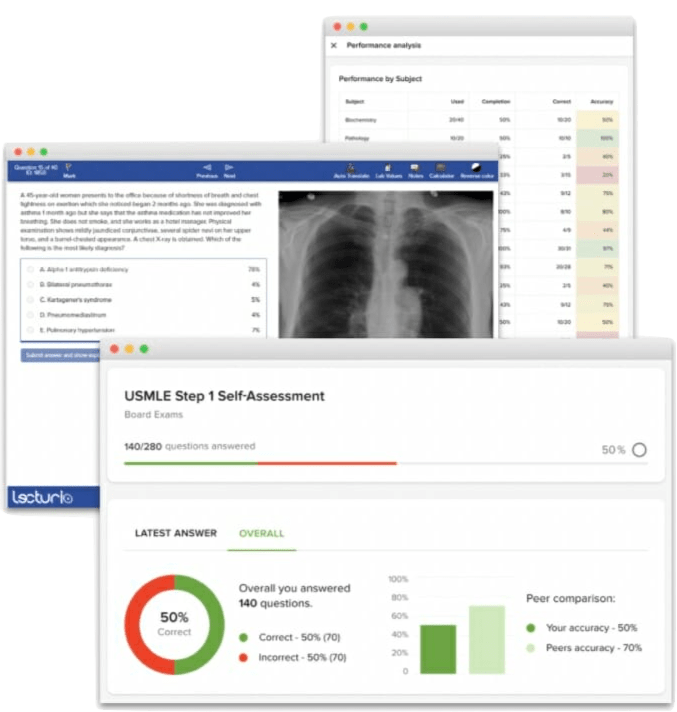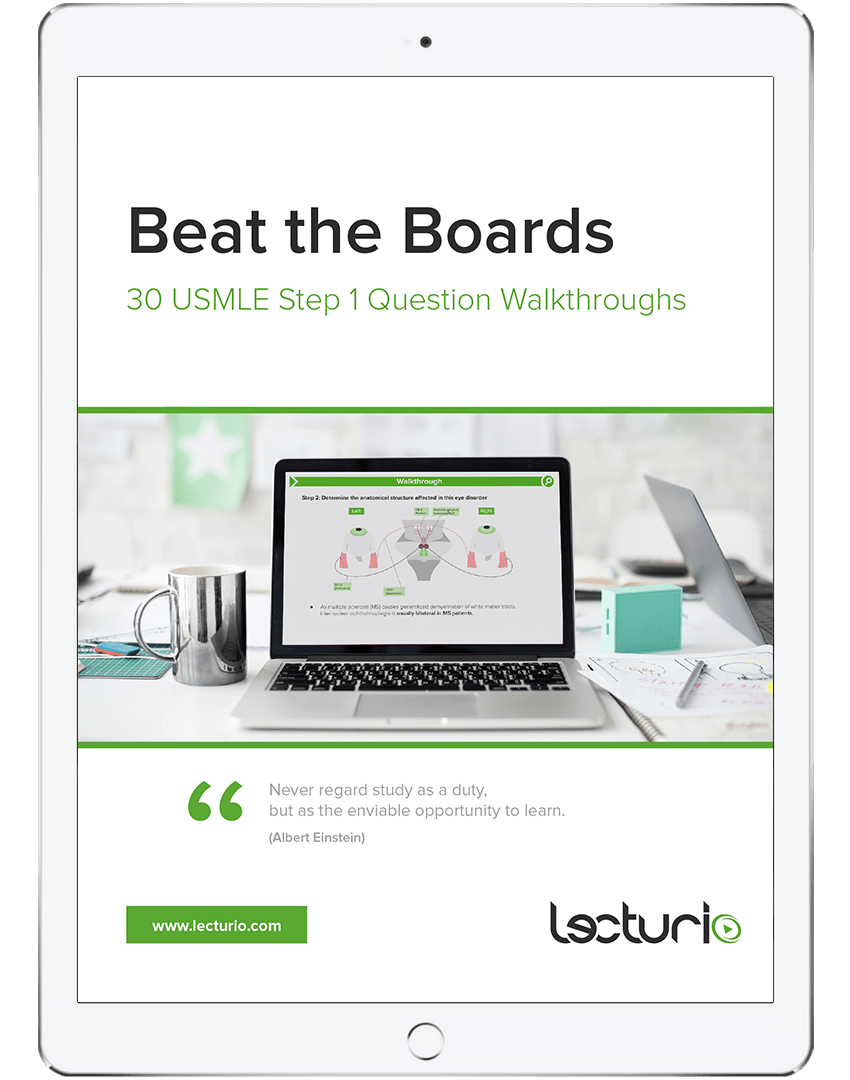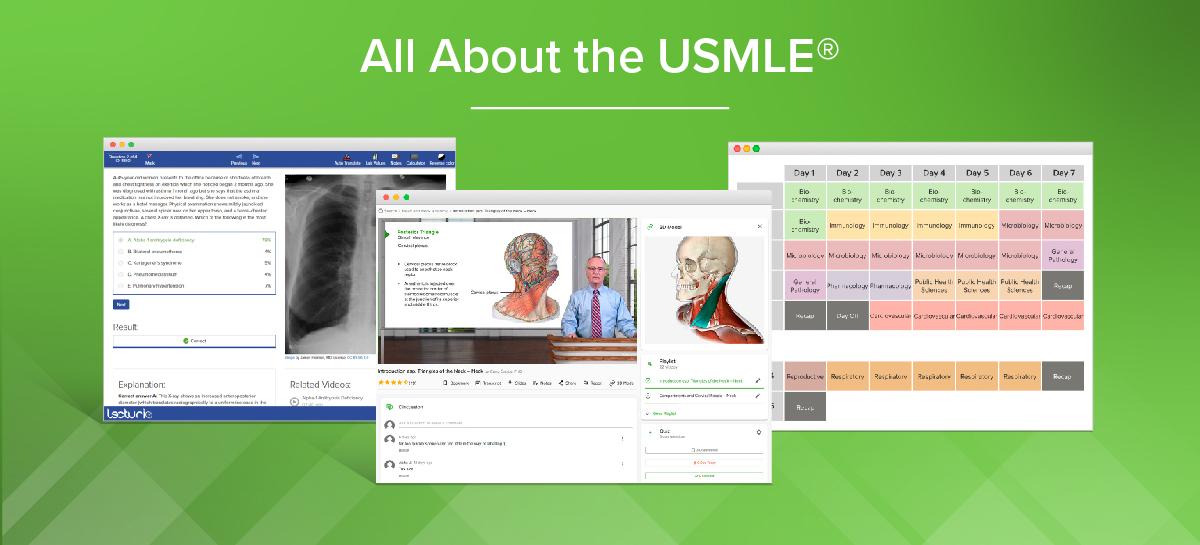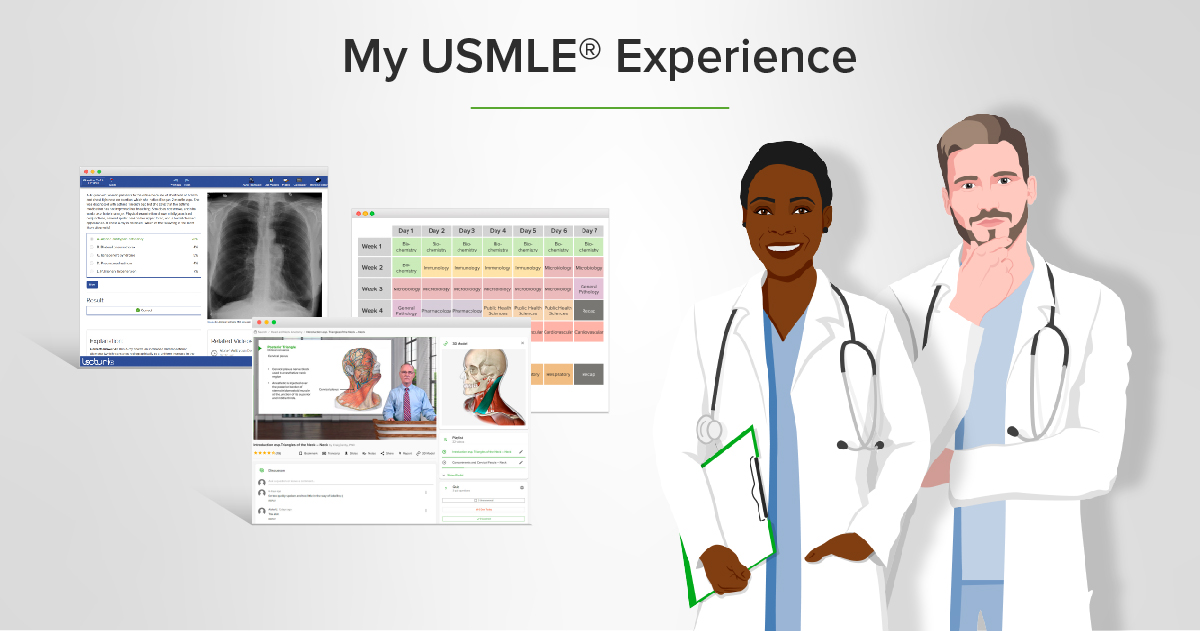Throughout medical school, your main goal has likely been working your way up to earning a top-tier residency, in the field and city in which you want to spend a lot of your career. Though your residency application as a whole plays an incredibly important role in this process, another part of your application can also make or break your chances of matching into that dream residency: your USMLE score.
What is a Good Step 1 Score?
Before the USMLE® Step 1 changed to pass/fail (change took effect in 2022), your Step 1 score carried a lot of weight as a deciding factor on your residency application. Step 1 scores were used as an objective metric for cutoff into (or out of) certain specialties or programs. When Step 1 changed to pass/fail, this burden might lie more on your Step 2 CK score, but Step 1 continues to be important as the USMLE is considering requiring a passing score on Step 1 to take Step 2. But for this post… let’s stick to Step 1 scores and dive into their history.
What score did people aim for on Step 1? The short answer is: it depends. The minimum passing score for Step 1 was a 194. The score you might have wanted to get, however, could be somewhere between 238 or as high as 251, depending on the competitiveness of your desired specialty. In 2020, four of the top-matched specialty tracks for U.S. MD graduates were internal medicine, family medicine, anesthesiology, and radiology-diagnostic. The Step 1 score range for those top-matched specialities was between 220 and 249, and the percentage of first-year residents matched in these ranges in 2020 was between 60 percent and 66 percent.
| Specialty | Step 1 score range | Percentage of first-year residents matched in this range in 2020 |
| Internal medicine | 220–249 | 57.7% |
| Family medicine | 200–229 | 63.2% |
| Anesthesiology | 220–249 | 66.6% |
| Radiology-diagnostic | 230–259 | 66.7% |
There are so many specialty options, and thus so many score ranges you could aim for. Prior to starting your dedicated study time, make sure to do some research and figure out if your goal range matches the expectations of your chosen specialty. Generally speaking, however, a USMLE® Step 1 score between 230 and 245 was considered a good and a score between 245 and 255 was considered very good.
Studying for the USMLE Step 1 has never been easier.
Set yourself up for success with Lecturio.
What Are the Most and Least Competitive Residencies?
We’ve mentioned some of the most popular specialty choices, but the score you’ll need will also depend a lot on the competitiveness of your chosen specialty.
Some of the most competitive residencies, such as orthopedic surgery and plastic surgery, had a match rate between 72 percent and 80 percent for U.S. seniors matched by their preferred specialty.
Most competitive residencies
| Specialty | Average USMLE® Step 1 Score (U.S. Seniors Matched) | Average USMLE Step 1 Score (IMGs Matched) |
| Orthopaedic surgery | 248 | 241 |
| Neurological surgery | 248 | 239 |
| Plastic surgery | 249 | 246 |
| Otolaryngology | 248 | N/A |
1. Brendan Murphy, ama-assn.org
2. National Resident Matching Program, Charting Outcomes in the Match: Senior Students of U.S. MD Medical Schools
3. National Resident Matching Program, Charting Outcomes in the Match: International Medical Graduates
With the less competitive residencies, such as general surgery and pediatrics, there was a match rate between 83 percent and 98 percent for U.S. seniors matched by their preferred specialty.
Least competitive residencies
| Specialty | Average USMLE® Step 1 Score (U.S. Seniors Matched) | Average USMLE® Step 1 Score (IMGs Matched) |
| Internal medicine | 235 | 226 |
| Family medicine | 221 | 211 |
| Pediatrics | 228 | 222 |
| General surgery | 237 | 237 |
1. Brendan Murphy, ama-assn.org
2. National Resident Matching Program, Charting Outcomes in the Match: Senior Students of U.S. MD Medical Schools
3. National Resident Matching Program, Charting Outcomes in the Match: International Medical Graduates
There are numerous other factors that influence the competitiveness of your chosen residency program: some programs have more positions than others, some programs are newer, and though your score might get you through the door at first, the rest of your application and any interviews you have will influence the decision of residency directors during the Match process. Internal medicine, for example, has a larger number of positions available; otolaryngology is one of the oldest specialties; and orthopaedic surgery required one of the highest Step 1 scores for applicants.
The mean USMLE® Step 1 score for U.S. seniors matched into competitive residencies in 2020 was around 248. For less competitive residencies, the mean USMLE® Step 1 scores were between 221 and 237.
Match rates of US graduates: percent matched by preferred specialty
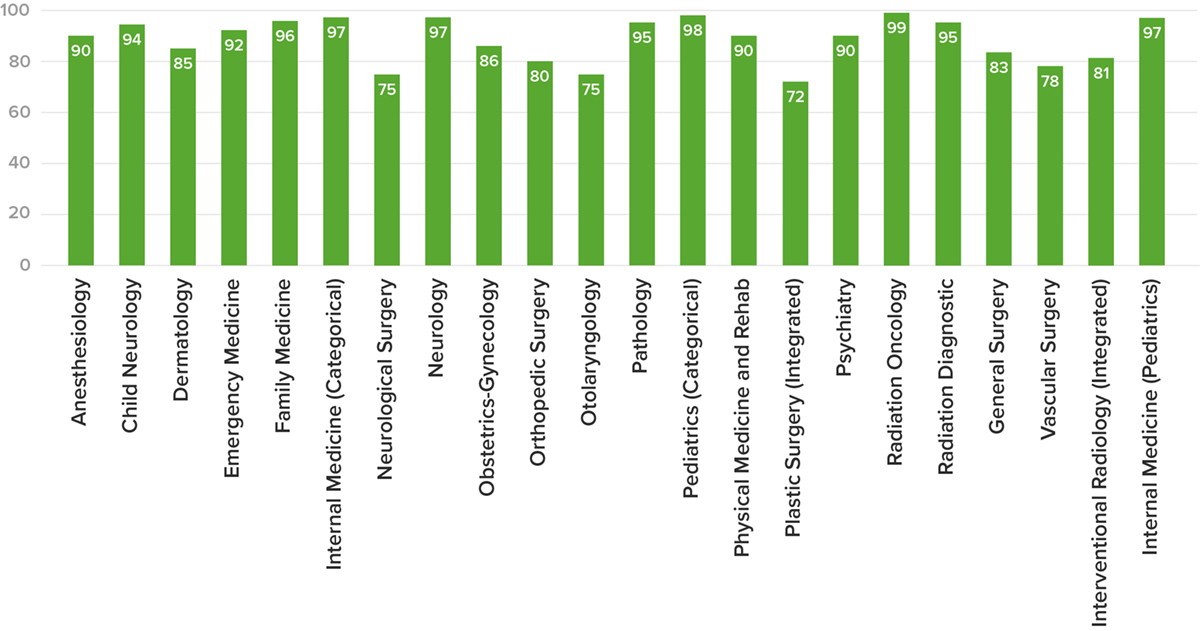
The mean USMLE® Step 1 score for IMGs for the most competitive residencies in 2020 was between 239 and 246. For less competitive residencies, the mean USMLE® Step 1 score was between 211 and 237.
Match rates of international medical graduates: percent matched by preferred specialty and IMG applicant type

Recent USMLE® Scoring Changes and What They Mean for You
Old scoring system
The former scoring system for the USMLE® Step 1, 2 CK, and 3 was numerical, while Step 2 CS was pass/fail. In the past, this scoring system has created added pressure on students to perform well on USMLE® Step 1 specifically. With this pressure came some relief with 6 exam retakes for each of the Step or Step component exams. You couldn’t take the final Step exam, Step 3, without passing Step 1 and Step 2 without an appropriate numerical score, though.
COVID-19 and USMLE changes
The old scoring system was put to the test with COVID-19. There were delays in score reporting for Step 1 and Step 2 CK in 2020. One major USMLE change due to the pandemic was the discontinuation of Step 2 CS. Don’t worry if you were planning to take Step 2 CS post-COVID; the Federation of State Medical Boards (FSMB®) and National Board of Medical Examiners (NBME®) announced they will include the Step 2 CS elements of clinical reasoning and communication in other USMLE Step exams. The disruption because of COVID has adjusted more than just Step 2 CS; Step 3 has made some temporary changes because of current circumstances.
Most of the eligibility changes for Step 3 reflect the suspension of Step 2 CS. First, if you passed Step 1 and Step 2 CK, but not Step 2 CS, you should still be able to take Step 3. Second, if you have taken any USMLE® Step or Step Component on or after January 1, 2015, you should be eligible for Step 3. Third, you should be eligible for Step 3 if you have not failed Step 2 CS six or more times. Are you an IMG? Don’t stress about these temporary eligibility changes. If you have a medical degree and are ECFMG-certified, you should also be eligible to take Step 3.
2021 Changes to USMLE
As of 2021, more permanent changes went into effect. First, the FSMB® and NBME only allow you to retake Step exams a maximum of four times. This reduction of retakes is important because you will be ineligible to take a Step or Step component after four previous attempts, including incomplete attempts. This change will protect the integrity of the exam and match attempt limits implemented by state medical boards. These changes went into effect after July 2021.
2022 Changes to USMLE
2022 brought one of the biggest changes yet: Step 1 is now pass/fail. The decision to make Step 1 pass/fail was made in part to lessen the emphasis on USMLE® scores in residency selection, so that students will be considered holistically for placements. Since Step 2 CK is still scored numerically, USMLE® will still be an eligible indicator for medical competency. Step 2 CK is expected to be a new measurement for readiness, and thus will likely be important to take in preparation for your residency applications. This change came into effect on January 26, 2022.
Regardless of the style of exam scoring for your exam, you’ll still need to study for and pass Step 1. The test is still intended to prepare you for future board exams and medical career. If you are a current student, the best plan is to study as if USMLE® Step 1 is numerically scored. It’s better to prepare for both than be surprised by how your results were measured. If you are an IMG, take the time you need to prepare and take the test when you feel most prepared. Don’t let these changes dictate your schedule. Above all, these changes should allow you to be prepared for medical licensing and practicing without being overly focused on Step scores.
If you’re an IMG, these changes to the USMLE® Step 1 will affect how you might stand out in the residency process. Previously, high Step 1 scores were one way you could stand apart from US applicants because you may not have the same opportunity to receive US-based recommendations or experience. What’s another other way to stand out in the application process? Show research, volunteering, and leadership experience.
What’s Next?
Once you have done your research and found the best fit for you, you will be one step closer to applying to, and hopefully getting accepted into, the best residency program for you. While there may be more changes coming in the future to the USMLE® Step 1, proper planning and patience will help you continue to thrive while you finish medical school. Above all, put your talents and your academic preparation first as you prepare for the next steps in your medical career.
